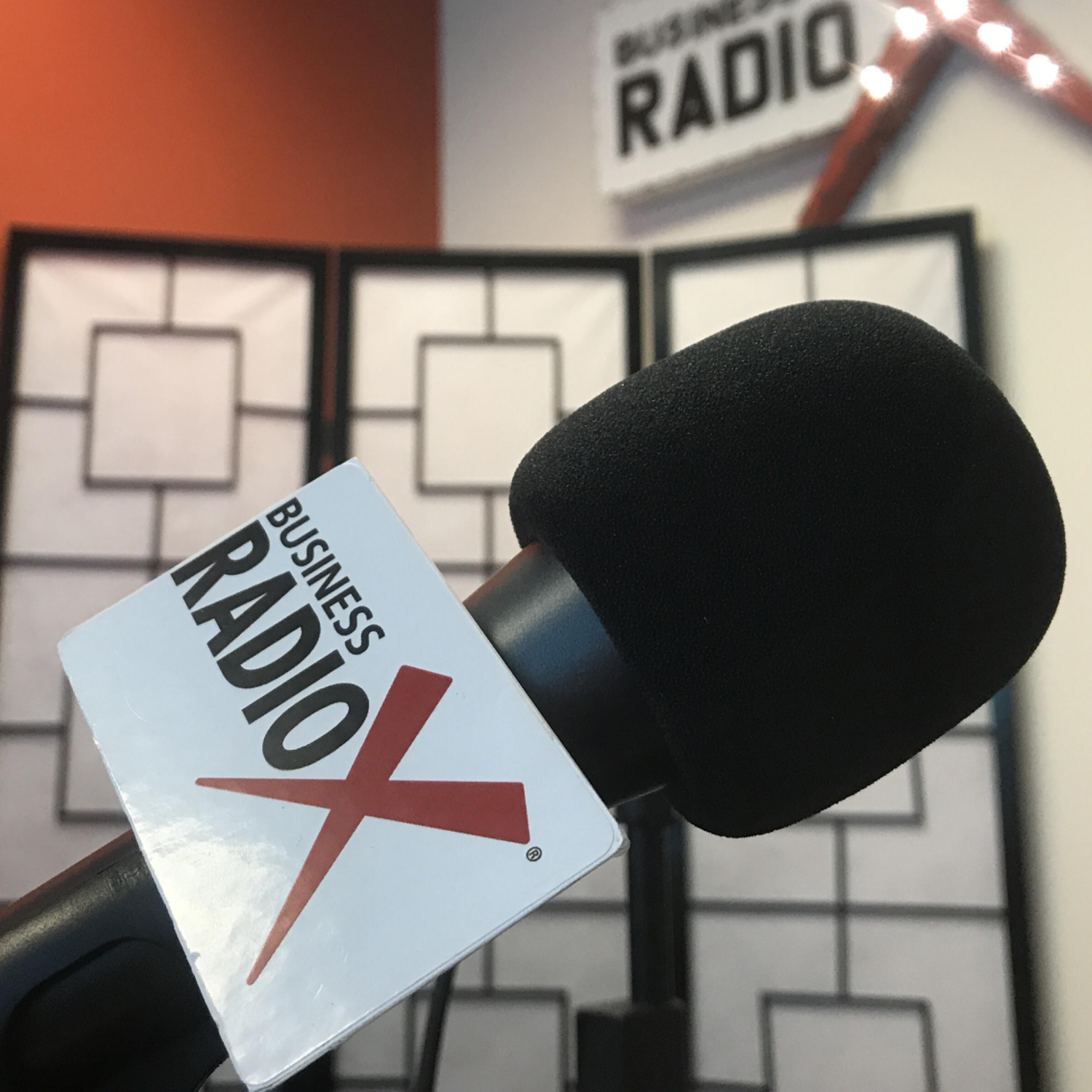
BRX Pro Tip: Radical Transparency
Stone Payton: Welcome back to Business RadioX Pro Tips, Lee Kantor and Stone Payton here with you. Lee, let’s explore for a moment the role of transparency in achieving sustainable growth.
Lee Kantor: Yeah, I think that in today’s day and age, people are so hungry for authenticity and honesty. And this type of radical transparency is a way to kind of differentiate yourself. There are so many people that are doing things publicly and building their business publicly, so by embracing this kind of radical transparency in your organization, it’s not just about telling the truth, it’s about building a culture of openness, of trust, and of continuous improvement.
Lee Kantor: Sustainable growth, it really can happen when information is flowing freely and all of the stakeholders are feeling empowered. So ways to do that, that are very practical, it takes a level of courage and bravery in order to pull it off.
Lee Kantor: But things that you can be doing that can really demonstrate this radical transparency are show behind the scenes, you know, share how the product is made or how your team solves problems. Building buyer trust and brand loyalty happens when they see exactly what your thought process is and the why behind what you’ve built. So, don’t be afraid to share that.
Lee Kantor: And then, create this kind of transparent promotion criteria where make promotion requirements and the decision making process just super crystal clear. That builds in the trust and it builds in the motivation of the person to share it.
Lee Kantor: So, radical transparency isn’t about sharing everything without context. It’s about proactively sharing the information, the reasoning, and the learning that’s necessary for everybody to make smarter decisions and feel truly invested in the company’s journey. So, don’t be afraid to share.

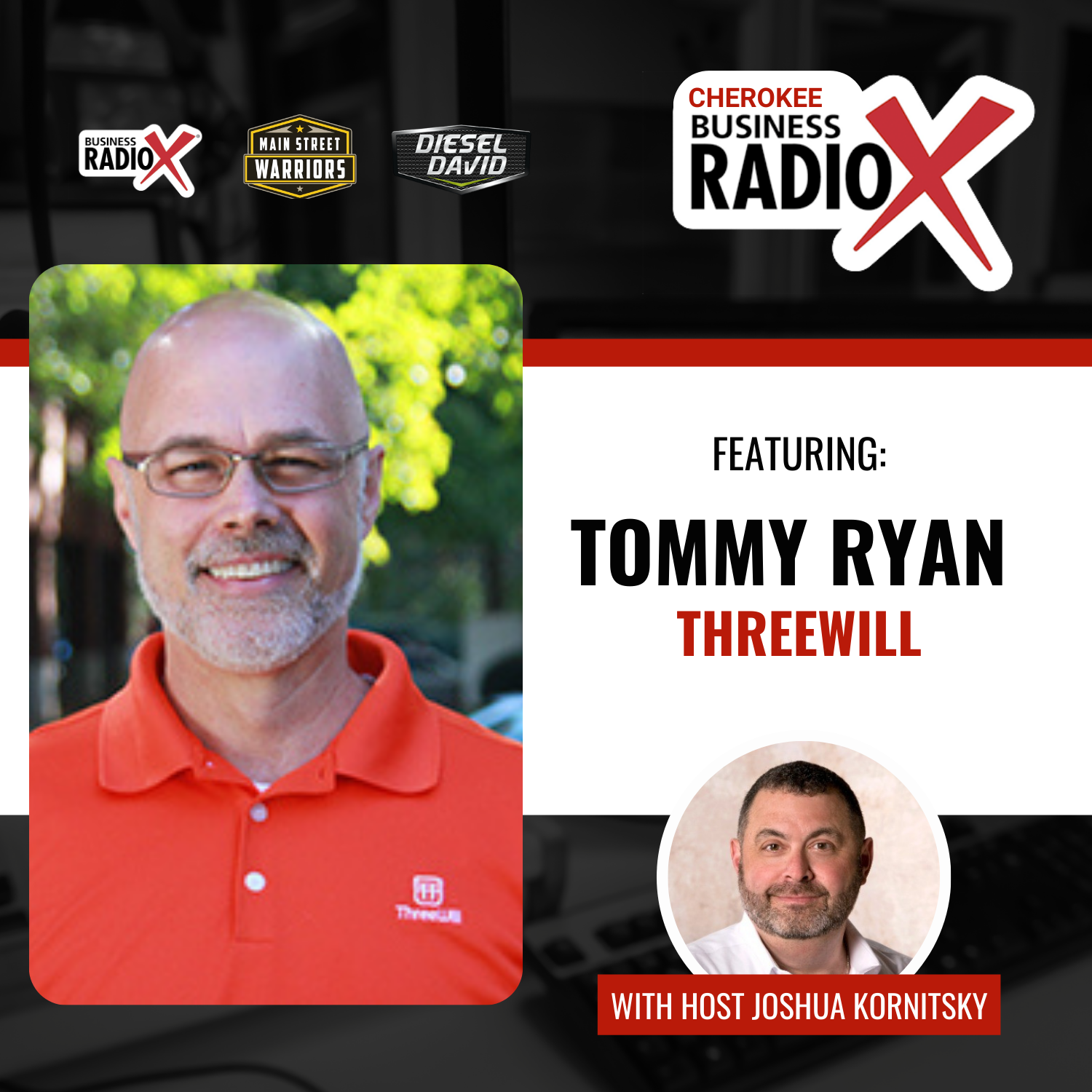
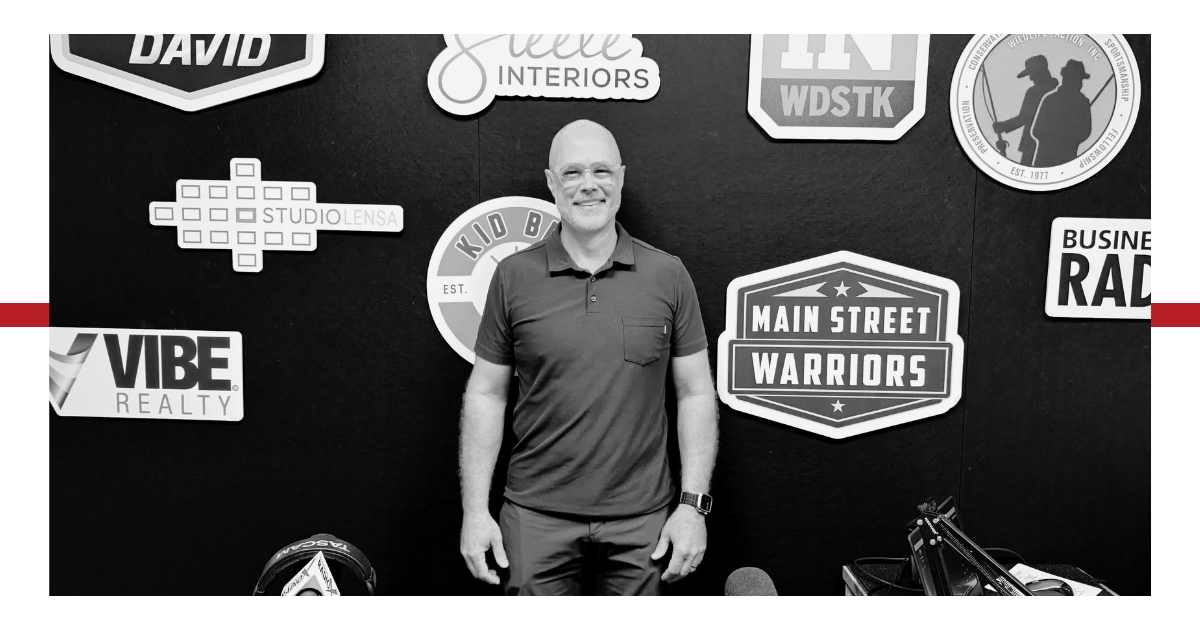


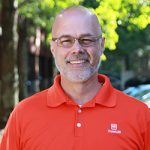 Tommy Ryan is a technology consulting leader and a passionate organic farmer, driven by a mission to help both people and soil thrive. As Co-Founder and CEO of ThreeWill, a Microsoft Solution Provider, he leads a team dedicated to helping organizations get the most out of the Microsoft 365 and Power Platform.
Tommy Ryan is a technology consulting leader and a passionate organic farmer, driven by a mission to help both people and soil thrive. As Co-Founder and CEO of ThreeWill, a Microsoft Solution Provider, he leads a team dedicated to helping organizations get the most out of the Microsoft 365 and Power Platform.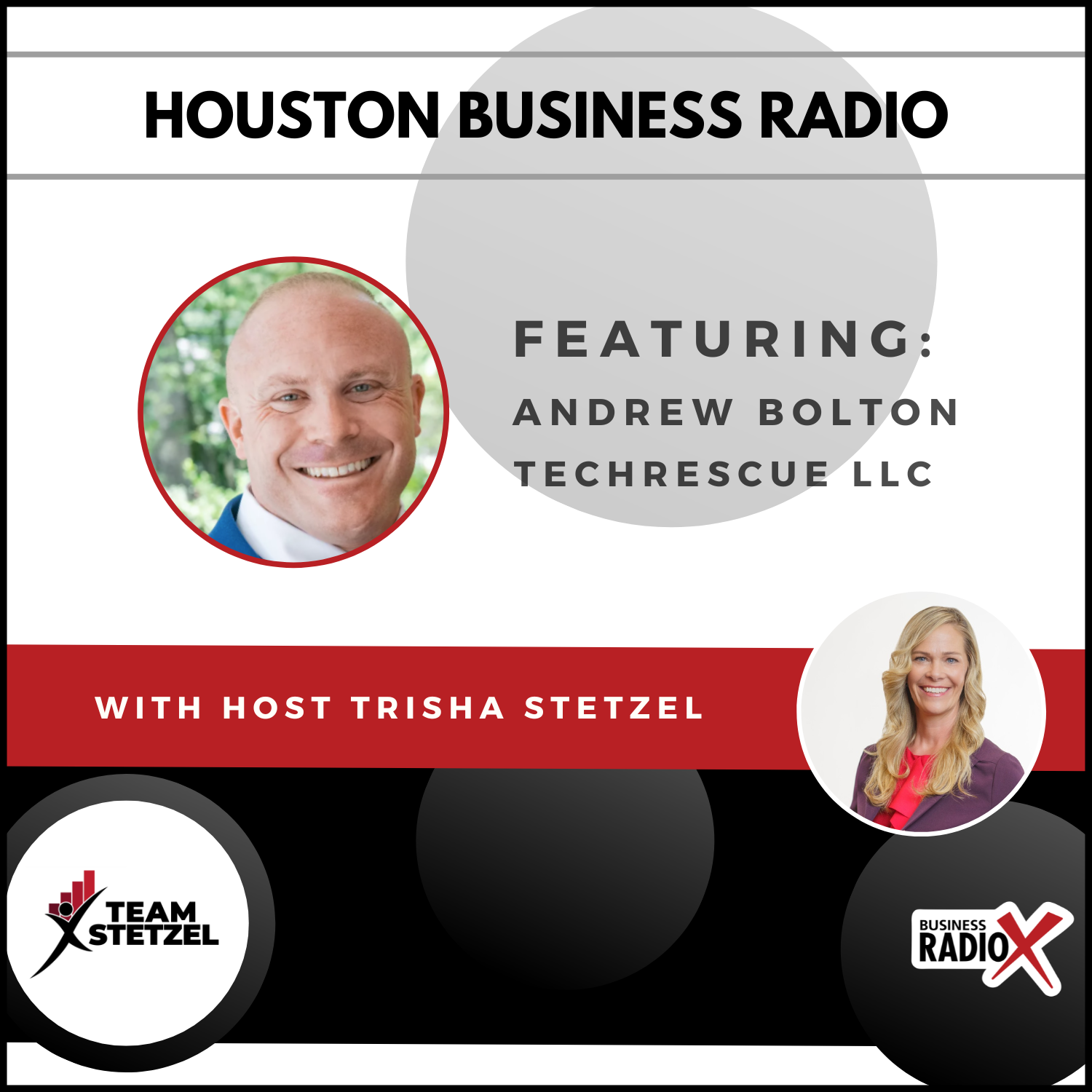
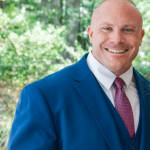 Andrew Bolton is the CEO and Co-Founder of
Andrew Bolton is the CEO and Co-Founder of 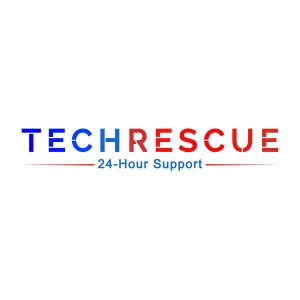
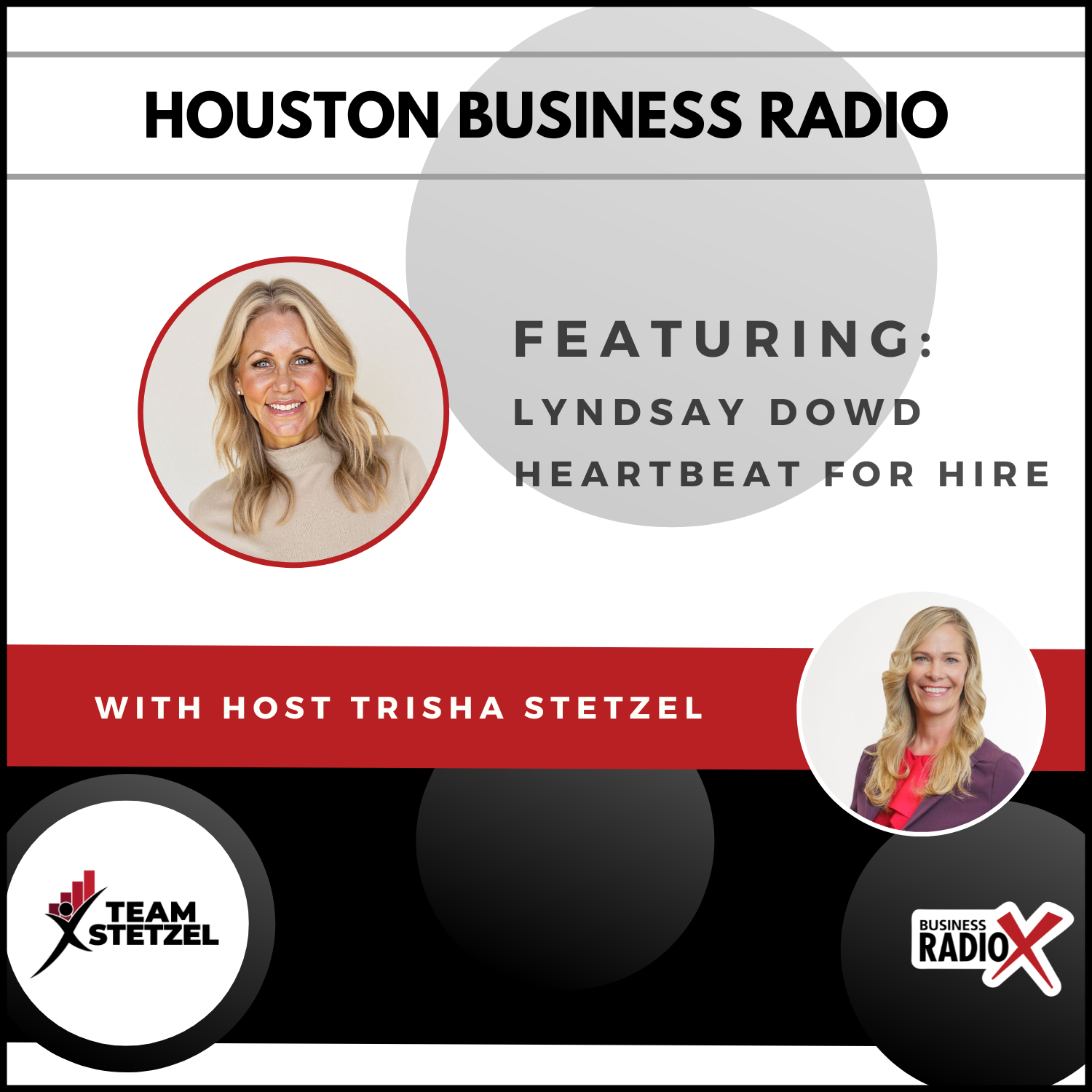
 Lyndsay Dowd is a globally recognized leadership strategist, keynote speaker, two-time author, and podcast host with nearly 30 years of experience leading high-performing teams and transforming organizational cultures.
Lyndsay Dowd is a globally recognized leadership strategist, keynote speaker, two-time author, and podcast host with nearly 30 years of experience leading high-performing teams and transforming organizational cultures.
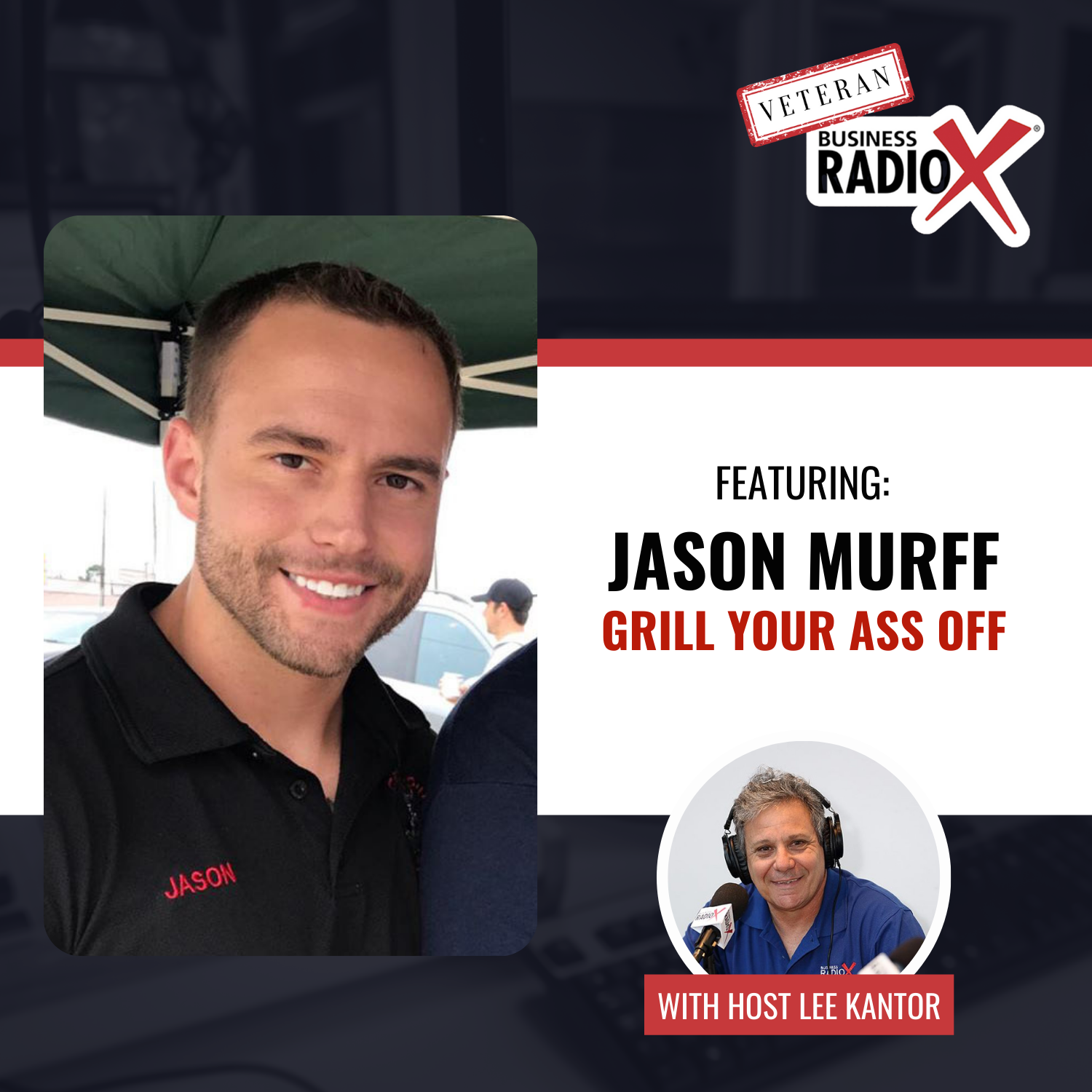
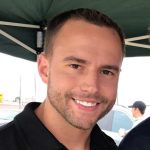 Grill Your Ass Off is on a mission to make your food the best tasting thing you have ever put in your mouth. CEO Jason Murff served in United States Army as an Infantryman (11B), as well as in Specialty Unit: The Old Guard in Washington, D.C.
Grill Your Ass Off is on a mission to make your food the best tasting thing you have ever put in your mouth. CEO Jason Murff served in United States Army as an Infantryman (11B), as well as in Specialty Unit: The Old Guard in Washington, D.C. 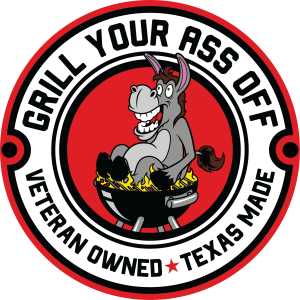
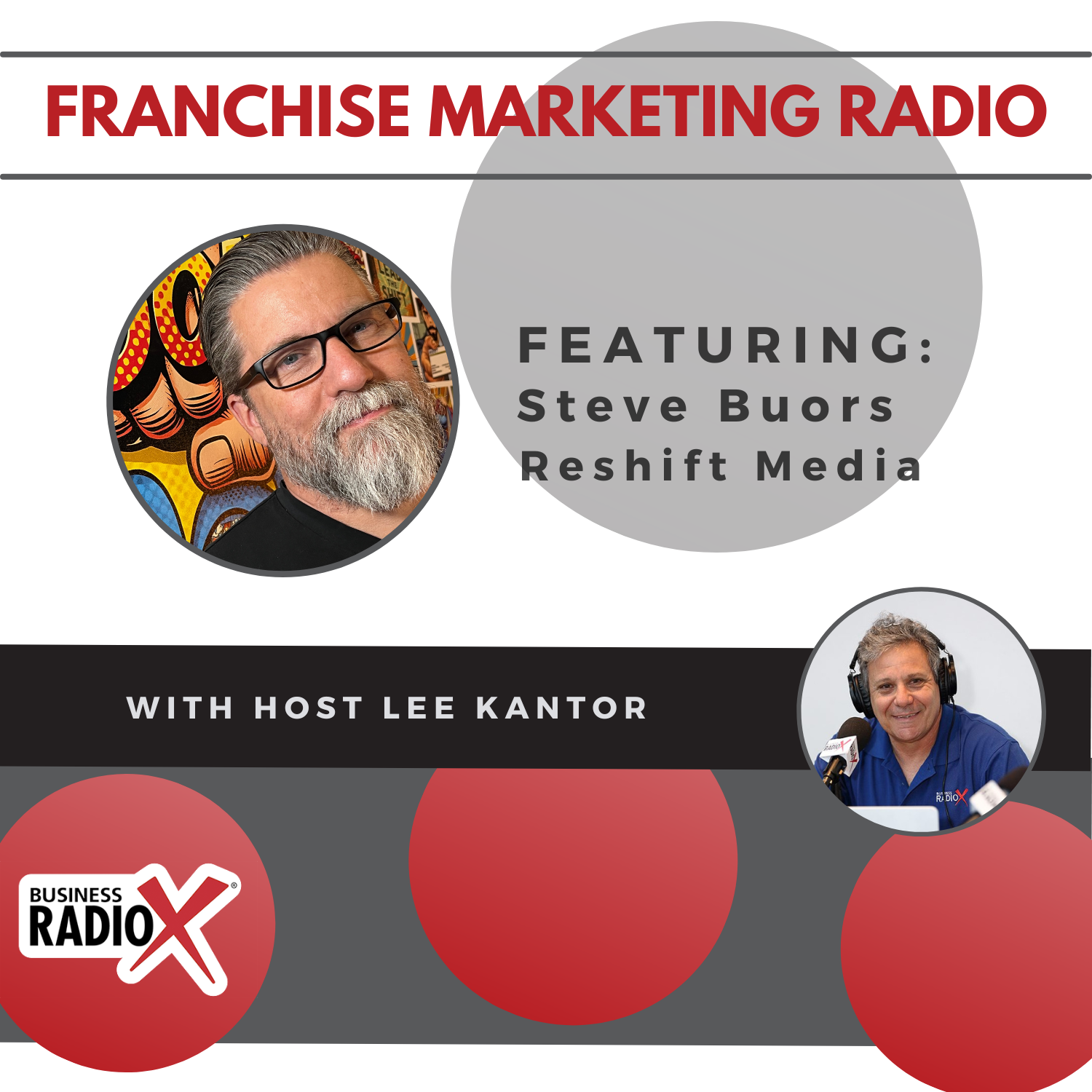

 Steve Buors has over 20 years of digital marketing experience and has earned a reputation for being at the forefront of emerging digital trends.
Steve Buors has over 20 years of digital marketing experience and has earned a reputation for being at the forefront of emerging digital trends.













